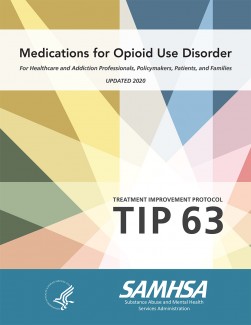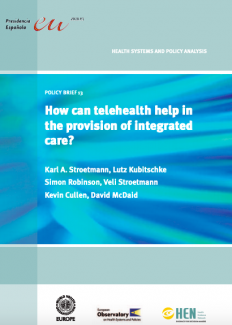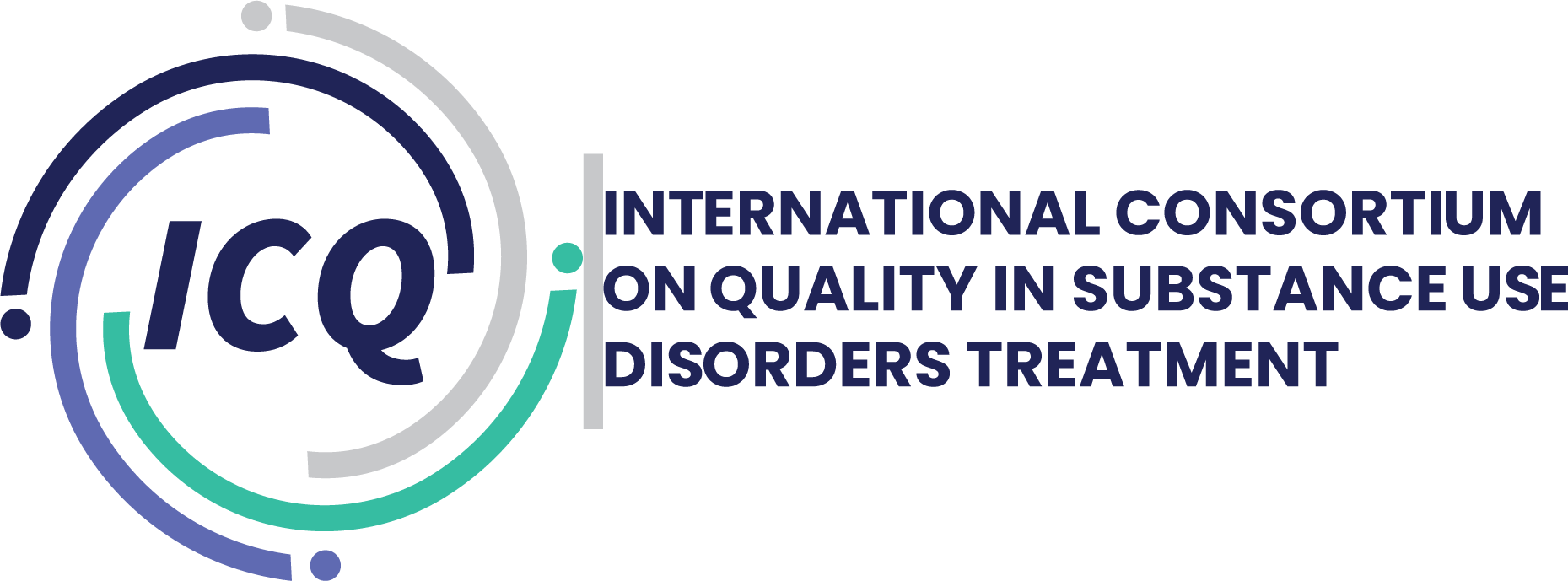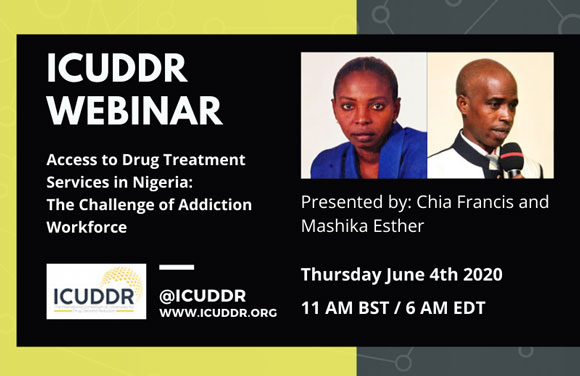Applying interventions designed to reduce and manage the symptoms of substance use disorders.
Treatment
Mental-Health Physicians and Psychotherapists Teamed Up to Provide Support to the Population of Kazakhstan
In today’s conditions of the COVID-19 pandemic and necessary quarantine measures taken by the Government of Kazakhstan psychosocial support and assistance, as well as self-education of stress management, supportive communication with each...

The Treatment Organisation Is the Healing Context. Effectiveness Bank Alcohol Treatment Matrix cell D2
THE TREATMENT ORGANISATION IS THE HEALING CONTEXT Seminal and key research on how treatment organisations create an environment affecting whether staff and alcohol-dependent patients realise their potential. Starts with the US resource...
How is COVID-19 shaping the future of drug services in Europe?
The EMCDDA is offering a new series of webinars around the theme of COVID-19. The purpose of the webinars is to help those working in the drugs field understand how drug users, and those supporting them, are coping with the pandemic and to share knowledge and experience. The webinars will give a voice to key professionals working in the drugs field and will allow for discussion on emerging challenges.

Treatment Improvement Protocol 63: Medications for Opioid Use Disorder
The goal of treatment for opioid addiction or opioid use disorder (OUD) is remission of the disorder leading to lasting recovery. Recovery is a process of change through which individuals improve their health and wellness, live self...

COVID-19 Surveys on Substance Misuse and Related Issues: Collective Voice
A number of organisations have issued surveys to gather information from across different support services and individuals to assess the impact of COVID-19. Collective Voice, the national alliance of drug and alcohol treatment charities in...
Video: El sistema de tratamiento en Chile - Situación actual y los desafíos futuros
El 30 de abril de 2020, el ISSUP Chile en colaboración con ISSUP global organizó un webinar sobre 'El sistema de tratamiento en Chile: Situación actual y los desafíos futuros'. Expositor: Carlos Charme Fuentes Director Nacional Servicio...
At the Crux: The Encounter between Clinician and Client. Effectiveness Bank Alcohol Treatment Matrix Cell B2
AT THE CRUX: THE ENCOUNTER BETWEEN CLINICIAN AND CLIENT Influences explored across the Matrix come to a head in the encounter between clinician and client. Take a step back and (in the words of one of this cell’s reviews) you will see that...
Opioid Overdose Reversal with Naloxone (Narcan, Evzio)
What is Naloxone? Naloxone is a medication designed to rapidly reverse opioid overdose. It is an opioid antagonist—meaning that it binds to opioid receptors and can reverse and block the effects of other opioids. It can very quickly restore...
How Can Telehealth Help in the Provision of Integrated Care?
The World Health Organisation defines telehealth as: The use of telecommunications and virtual technology to deliver health care outside of traditional health-care facilities. Well-designed telehealth schemes can improve health care access...


